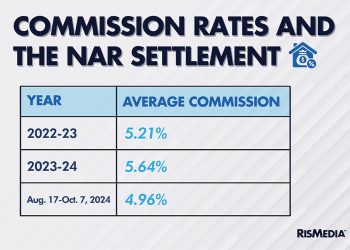I was thinking about what I wanted to write for today’s post, and a topic came to mind we’ve never really discussed before: memory.
I was diagnosed with dyslexia before doctors and researchers even knew what it was, but even with dyslexia, people always remark how sharp my memory is—and in fact, the two are purportedly related. In a 2013 study, Enhanced Recognition Memory … in Children with Developmental Dyslexia, researchers compared the performance of a group of 11-year-old dyslexic children with a group of non-dyslexic children and found that the dyslexic children performed significantly better on tests of visual memory.
As leaders, memory is important—it’s both our best asset and our biggest crutch.
Could you imagine if our minds were permanently altered so we only had good memories? In this imaginary scenario, we’d only ever think of the positive and our mindset would be unendingly optimistic, never brought down by the crushing weight of negativity. We’d hop from one successful venture to the next, blissful in our ability to know that only good things have ever come our way.
Well, it’s actually possible. And having a memory that quickly discards the bad and only remembers the good can help. It allows us to process whiffing the ball when we’re at the 17th hole and hitting it straight down the fairway on the 18th. We quickly forget about the pain of the miss and move forward anyway. We focus on the positive and win.
Consider the 2018 U.S. Women’s Open Championship game. Pro-golfer Ariya Jutanugarn was in the lead by seven shots with just nine holes left to play. On the 10th hole, she hit her 3-wood into the hazard.
At the time, she said: “After that shot, I kind of played a little bit scared.” In other words, she was focused on the pain and not on her training or the skills she’d acquired to get her to the U.S. Women’s Open Championship.
Writes Women’s Golf reporter Cindy Miller: “But what could have been one of the worst choke jobs in major championship history was avoided. She was about to right the ship and win in a playoff.”
And when she did win that year, Jutanugarn became the first U.S. Women’s Open champion from Thailand.
Her win goes back to the idea of short-term memory and Jutanugarn’s ability to let her fault go. She acknowledged the failure but pushed onward, eventually emerging victorious.
There’s another statistic that speaks to our ability to miss and keep fighting. Kobe Bryant, considered one of the greatest professional basketball players ever, missed more shots than any other player in NBA history—14,481, which is 1,064 more shots missed than the second player on that list, John Havlicek. How does his greatness compute with this stat? Well, the top 30 players, according to The Guardian, who make up the list of all-time career misses are either current (or future) Hall of Famers.
And that’s the point. Kobe once said, “If you’re afraid to fail then you’re probably going to fail.” Legacy is not determined by shots missed but by your ability to miss a shot and keep shooting.
So, what’s the message? In nature, things have two sides: a good side and a bad side, a positive side and a negative side. In Chinese philosophy, we call this the yin and the yang. And this dualism fuels our world. When a rainstorm arrives, it waters the crops and allows them to flourish. Memory has two sides, too. We have good memories and bad. When we forget the bad and focus on the good, we build confidence that can’t be shaken by one bad swing or missed shot. And that kind of confidence isn’t short-term; it lasts forever.
This article is adapted from Blefari’s weekly, company-wide “Thoughts on Leadership” column from HomeServices of America.











